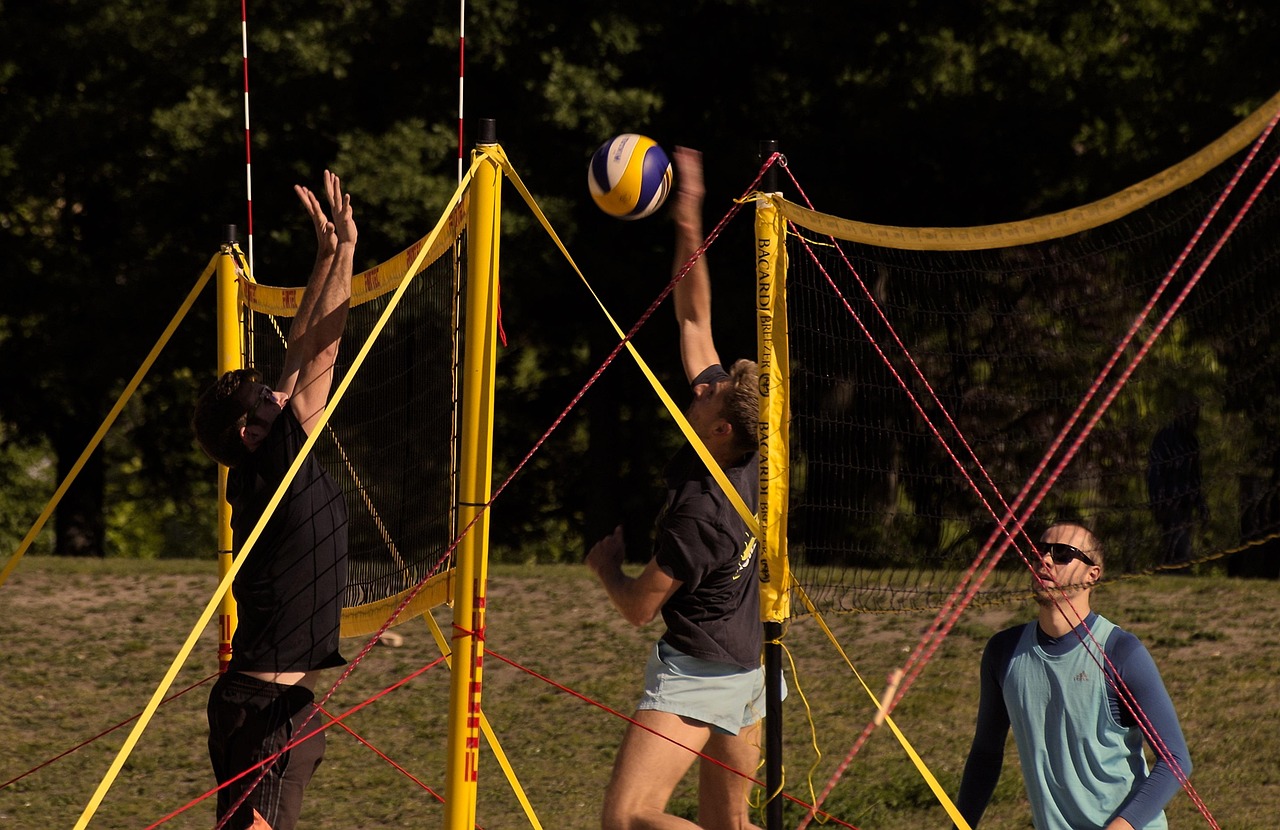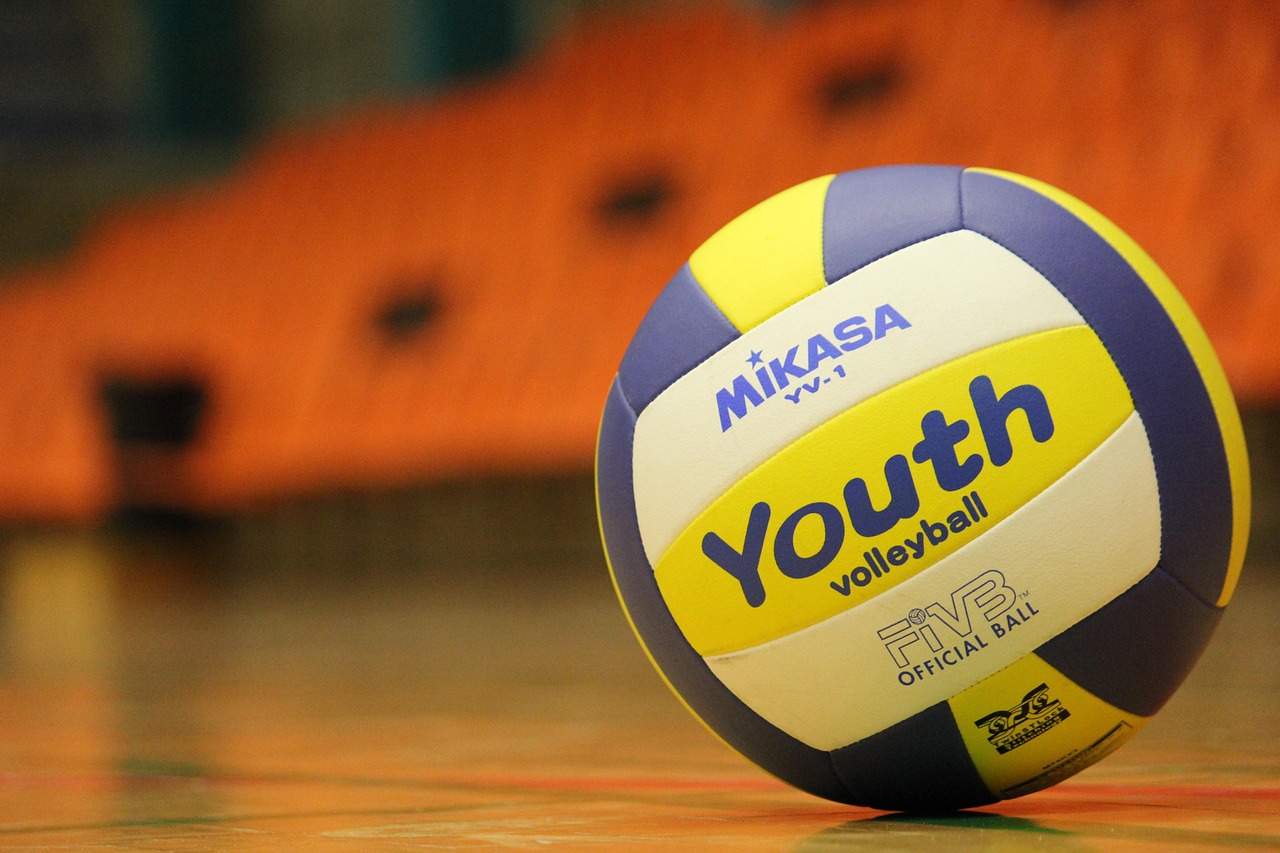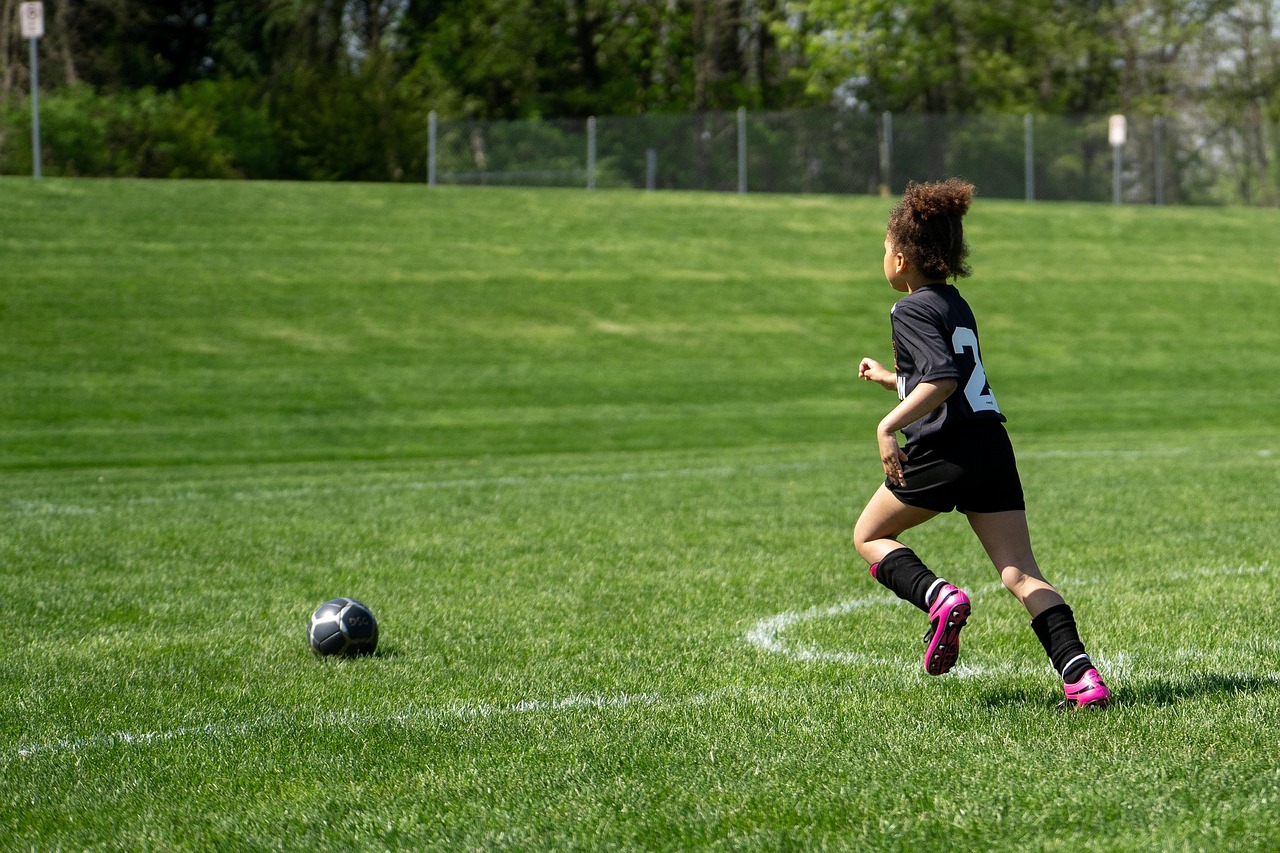
underdog volleyball teams FIVB empowerment
The recent surge of underdog teams achieving notable success in international volleyball highlights the profound impact of targeted development programs like the FIVB Volleyball Empowerment initiative. This program has been instrumental in supporting emerging nations to elevate their competitive stature on the world stage, blending strategic coaching investments with athlete development to create breakthrough performances.
A prime illustration is the men’s Warsaw Futures Beach Pro Tour event, where the entire podium was claimed by teams benefiting from Empowerment support, underscoring a broader trend of rising competitiveness among traditionally less dominant volleyball nations. In Poland at the 2025 Warsaw Futures, Lithuania’s Arnas Rumsevicius and Karolis Palubinskas captured the gold medal, marking Palubinskas’s first-ever Beach Pro Tour medal. Their journey was remarkable, considering they began the tournament seeded fourth and stumbled with a first-round loss but then rallied to win five consecutive matches.
This path to glory was supported by the Lithuanian Volleyball Federation’s robust engagement with the FIVB program, which has provided nearly half a million USD for coaching and national team development. Under coach Gytis Garbaciauskas’s guidance, the team demonstrated resilience and tactical growth, culminating in a narrow semifinal victory and a final won by forfeit due to the opposing team’s injury, particularly in underdog volleyball teams, particularly in FIVB Volleyball Empowerment, including athlete development programs applications in the context of underdog volleyball teams, especially regarding athlete development programs.
This achievement not only signals Lithuania’s growing beach volleyball prowess but also exemplifies how empowerment funding translates into tangible competitive results (cev.eu, 2025). The Ukrainian duo of Anton Moiseiev and Vitalii Savvin secured silver, continuing Ukraine’s sustained volleyball activities despite geopolitical challenges. Since 2022, the Ukrainian Volleyball Federation has received USD 670,000 from the Empowerment program, ensuring program continuity amid adversity.
Before a last-minute withdrawal due to injury in the final, Moiseiev and Savvin had dominated their matches, not dropping a set through the qualifications and semifinals. Their silver medal represented a consistent high-level performance following their earlier podium finish in December 2024, reflecting the critical role of structured support in maintaining athletic momentum even under difficult circumstances (cev.eu, 2025) in the context of underdog volleyball teams in the context of FIVB Volleyball Empowerment, including athlete development programs applications.
Estonia’s Mart Tiisaar and Dimitriy Korotkov rounded out the medalists, earning bronze in their first Beach Pro Tour podium finish as a pair. Estonia’s beach volleyball development, led by Beijing 2008 Olympian Rivo Vesik, has received USD 168,000 in coaching support and significant equipment aid from the FIVB. The Estonian duo’s path included multiple victories before a close semifinal loss to Ukraine, followed by a hard-fought win for third place.
Their success further validates the Empowerment program’s deliberate investment in coaching expertise and resources, which has translated into measurable improvements and podium finishes for smaller federations (cev.eu, 2025).
Canada volleyball FIVB empowerment program
Parallel to the European beach volleyball breakthroughs, Canada is leveraging the FIVB Volleyball Empowerment program to catalyze its indoor volleyball ambitions under the leadership of Daniel Lewis. A former four-time World Championship libero, Lewis took over as head coach in early 2025, tasked with steering Canada toward a stronger global presence.
The team’s recent 14th-place finish at the 2025 Volleyball Nations League (VNL) reflects the ongoing transitional phase, yet the foundation laid under previous coach Tuomas Sammelvuo’s tenure—including Olympic qualification and a NORCECA silver medal—provides a springboard for advancement. The support for Canada’s coaching infrastructure includes a CHF 84,000 Coach Support project involving Dave Preston, focused on developing emerging talent and building depth. This investment complements the team’s blend of youth and experience, with key players such as outside hitter Brodie Hofer—Canada’s top scorer during VNL 2025—and 208cm opposite Wassenaar Ketrzynsk spearheading the attack, particularly in underdog volleyball teams, including FIVB Volleyball Empowerment applications in the context of athlete development programs, especially regarding underdog volleyball teams, including athlete development programs applications.
The roster also features seasoned middle blockers and returning veterans, promoting leadership and stability as Canada prepares for its 13th World Championship appearance in Manila (volleyballworld.com, 2025). Canada’s group stage draws them against formidable opponents: world number five Japan, Türkiye, and Libya.
Their opening match against Libya on September 13 at the Smart Araneta Coliseum sets the tone for a challenging campaign, especially regarding underdog volleyball teams, including FIVB Volleyball Empowerment applications, especially regarding athlete development programs. The team’s tactical approach will rely heavily on setters Luke Herr and Max Elgert to manage pace and coordination, while the defensive backbone, led by libero Landon Currie, will be essential in countering high-caliber offenses. This balanced team composition, enhanced by Empowerment support, aims to surpass Canada’s historic seventh-place finish from 2014, signaling a potential new peak in their competitive history (volleyballworld.com, 2025).

athlete empowerment coaching development
The narratives emerging from Lithuania, Ukraine, Estonia, and Canada share a common thread: the decisive influence of focused coaching development and athlete empowerment. The FIVB Volleyball Empowerment program’s financial and technical resources have enabled these federations to professionalize training structures, introduce innovative methodologies, and foster athlete resilience.
For Lithuania, a nearly half-million USD investment in coaching and national team programs has been transformative, allowing young players to mature in a competitive environment with expert guidance. Ukraine’s sustained support amid conflict highlights how such programs can preserve competitive viability under duress, including underdog volleyball teams applications in the context of FIVB Volleyball Empowerment, particularly in athlete development programs, particularly in underdog volleyball teams, especially regarding athlete development programs. Estonia’s equipment and coaching funding have addressed critical infrastructure gaps, while Canada’s targeted coaching staff investment aligns with a long-term vision combining experience and emerging talent.
These investments are not merely financial but strategic, emphasizing knowledge transfer, coaching education, and holistic athlete development. For example, Lithuania’s training under coach Gytis Garbaciauskas, Estonia’s mentorship from Olympian Rivo Vesik, and Canada’s integration of technical staff like Dave Preston illustrate how coach expertise directly correlates with athlete performance improvements, particularly in underdog volleyball teams in the context of FIVB Volleyball Empowerment, especially regarding athlete development programs.
This approach contrasts with ad hoc or underfunded programs, demonstrating that systematic empowerment leads to podium finishes and competitive resilience.
How do these programs maintain momentum beyond initial successes?
What are the challenges of sustaining funding and interest in nations with less established volleyball traditions?

athlete development support systems
Behind every medal and ranking lies the personal story of athletes whose development trajectories have been nurtured by these empowerment initiatives. Lithuania’s Karolis Palubinskas, at just 20 years old, won his first major tour medal, a testament to the program’s role in accelerating young talent.
His teammate Arnas Rumsevicius, 30, added a second career Tour medal, benefiting from continuity and experience gained with prior partners, particularly in underdog volleyball teams in the context of FIVB Volleyball Empowerment, particularly in athlete development programs, particularly in underdog volleyball teams in the context of FIVB Volleyball Empowerment, especially regarding athlete development programs. Meanwhile, Ukraine’s Moiseiev (20) and Savvin (21) have rapidly risen through the ranks despite external instability, demonstrating how structured support sustains athlete focus and growth. Estonia’s Tiisaar and Korotkov achieved their first podium finish as a duo, validating long-term investment in coaching and equipment.
On the indoor side, Canadian players like Brodie Hofer and returning veterans Nicholas Hoag and Arthur Szwarc embody the blend of youthful energy and seasoned leadership critical for success, particularly in underdog volleyball teams, especially regarding FIVB Volleyball Empowerment, especially regarding athlete development programs. These stories illustrate how empowerment programs do more than fund training; they build confidence, foster competitive mindset, and enable players to overcome setbacks such as injuries or early defeats.
What psychological and physical support systems are integrated within these programs to ensure athletes can thrive amid pressure and adversity?
How do coaching strategies adapt to individual player needs while maintaining team cohesion?
democratization of athlete development
The ascendancy of these underdog teams signals a democratization of volleyball competitiveness driven by well-structured empowerment efforts. By channeling resources into coaching, athlete development, and infrastructure, the FIVB and national federations are broadening the talent pool beyond traditional powerhouses.
The Warsaw Futures podium sweep by Lithuania, Ukraine, and Estonia is emblematic of this shift, suggesting that with the right support, emerging nations can challenge established teams and contribute to a richer competitive landscape. Canada’s ambitions in Manila further reflect how indoor volleyball can also benefit from this model, aiming to translate incremental gains into historic results, particularly in underdog volleyball teams, particularly in FIVB Volleyball Empowerment, particularly in athlete development programs in the context of underdog volleyball teams, especially regarding FIVB Volleyball Empowerment in the context of athlete development programs. This trend encourages federations worldwide to prioritize sustainable development programs, emphasizing long-term investment over short-term results.
What lessons can be drawn for other sports seeking to globalize and deepen competitive fields?
How might ongoing geopolitical and economic challenges affect the continuity of such programs and their impact on international competitions?
The convergence of athlete stories, coaching excellence, and strategic funding in these cases provides a compelling blueprint for elevating volleyball’s global profile while nurturing resilience and competitive balance.
—
Changelog: Combined the key points from both beach and indoor volleyball articles into a unified narrative focusing on empowerment initiatives enabling underdog teams, particularly in underdog volleyball teams, especially regarding FIVB Volleyball Empowerment, especially regarding athlete development programs. Removed repetition, clarified coaching and funding impacts, and integrated concrete data and examples.
Adjusted tone for professional, empathetic storytelling centered on athlete journeys and program significance.










z5mnmh
qbp4k4
0qtuq9